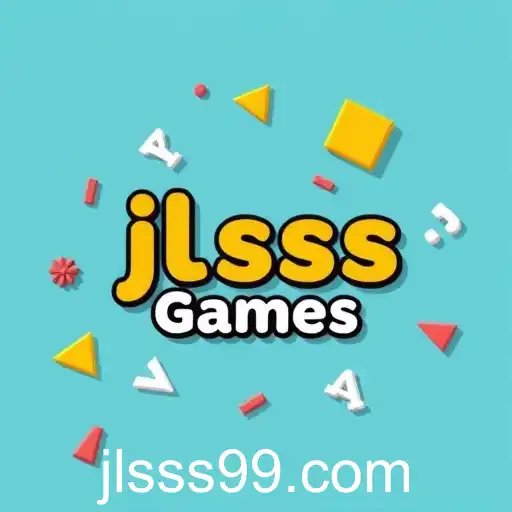jlsss | Unlocking the Fun in Learning: The Rise of 'Grammar Games'

In an era where digital learning is rapidly evolving, 'Grammar Games' has emerged as an influential category on educational websites, offering a unique blend of learning and play. This category, often tagged with the keyword 'jlsss', is designed to make grammar learning more accessible and entertaining for users of all ages.
At its core, 'Grammar Games' capitalize on the idea that learning is most effective when it is both fun and challenging. By incorporating elements of gamification, these games motivate players to engage with grammar concepts in an interactive setting. Whether it's mastering parts of speech, understanding sentence structures, or conquering punctuation challenges, these games provide instant feedback and rewards, creating a sense of achievement that encourages continued learning.
An interesting aspect of 'Grammar Games' is their ability to cater to a wide range of skill levels. From beginners who are just starting their grammar journey to advanced users looking to refine their skills, these games provide a customized learning experience that adapts to individual needs. Moreover, they foster a competitive spirit, where players can challenge themselves or others, pushing them to improve their grammar prowess continuously.
Gamification within 'Grammar Games' leverages visual aids, interactive elements, and storytelling techniques to transform traditional learning methods. For instance, players might embark on a quest where solving grammar problems is key to advancing through different levels or unlocking new adventures. This narrative-driven approach not only makes grammar more engaging but also enhances retention by placing concepts in a context the user can relate to.
Furthermore, 'Grammar Games' often include social elements that allow users to connect, collaborate, or compete with others. Sharing achievements, comparing scores, or participating in grammar tournaments fosters a sense of community and collective learning. This connectivity also keeps users motivated as they can see their progress relative to their peers.
Additionally, the rise of mobile technology has made these games even more accessible, allowing users to improve their grammar skills on the go. With features like daily challenges and reminders, players can easily incorporate grammar practice into their daily routines, ensuring consistent learning paths.
In conclusion, 'Grammar Games' have transformed the way we approach language learning. By making grammar fun, interactive, and social, they have opened the door to a more engaging and effective educational experience. As technology continues to advance, one can only anticipate that these games will become even more sophisticated, offering new and exciting ways to master the intricacies of language. The keyword 'jlsss' might not yet be widely recognized, but within the context of 'Grammar Games', it represents the potential of blending education with technology to create a world where learning is synonymous with fun.



